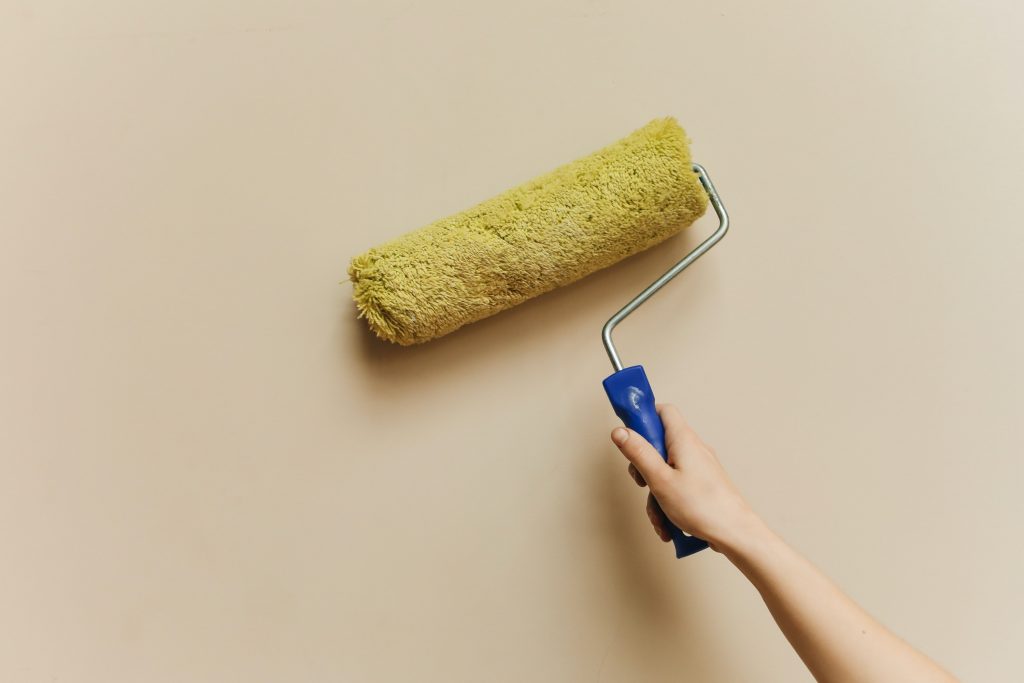As a landlord, there are certain responsibilities that will come under your remit – you can’t simply rent out your property and wait for the money to come in. Although tenants will certainly have their own set of responsibilities, one of the benefits of renting (for the tenant) is that the landlord will deal with repairs and maintenance.
In fact, if you’re budgeting in advance and you want to ensure you’re always going to be able to cover any repairs that need to be made to keep your property at its best and to keep your tenants happy, you’ll need to put aside around 10 percent of your rental income. You might not need to use it, but it’s far better to have it and not need it than need it and not have it. That’s all part of being a landlord. Read on to find out a little more about the kinds of maintenance and repairs that you may come across and have to deal with; the more you know, the more prepared you can be.
 Photo by Polina Tankilevitch from Pexels
Photo by Polina Tankilevitch from Pexels
Unexpected Repairs
We’ve talked about landlords having to be prepared, putting away 10 percent of their rental income, responding quickly to requests from the tenant, but sometimes the unexpected happens, and although you might not have been waiting for these specific repairs to be needed, you’ll still have to deal with them. Some of the most common unexpected repairs will include kitchen appliances, heating and hot water, electrics, and plumbing. Essentially, anything that can happen without warning in your own home could happen without warning in your tenant’s home – be ready to spend out to get these issues fixed as soon as possible.
Turn Costs
Turn costs are something that you can absolutely prepare for in advance, and the longer you are a landlord, the more efficient – and cost-saving – you can be. Of course, these costs, the costs that you should expect to pay when a tenant moves out so that a new tenant can move in, will depend on how well the property was treated, but overall it’s wise to budget for new carpets (especially if the tenant was living there for over three years), changing the locks, and generally tidying the property up with a lick of paint.
Damages
The idea of a landlord having to pay for damages can be a controversial one. When a tenant leaves a property, some level of general wear and tear is allowed; after all, it’s hard to live anywhere and not make some mark on it in some way. Damages are anything that goes over and above this ‘fair wear and tear’ and could include holes left in walls, damages caused by pets, broken appliances, and so on. Although these damages are what a tenant’s deposit is for, and often the costs can be taken out of this deposit, sometimes there isn’t enough cash available, and sometimes it can be hard to get a decision from the authorities. In the meantime, you the landlord will have to pay out if you want the repairs to take place.
General Maintenance For Building Code
All properties have to be maintained up to a minimum building code that ensures they are safe places to live. Since a landlord has a duty of care towards their tenants, any maintenance issues that need to be carried out to ensure that this building code is adhered to must be dealt with quickly. This might include updating the electrics and making sure the heating and hot water are adequate.